In a dramatic turn of diplomatic events, US President Donald Trump has announced that negotiations between Russia and Ukraine will commence “immediately” following a lengthy phone conversation with Russian President Vladimir Putin. The high-stakes call, held on May 19 and lasting over two hours, centered on finding a pathway toward ending the ongoing war in Ukraine. Both leaders described the exchange as productive, with Trump calling it “excellent in tone and spirit” and Putin labeling it “frank” and “very useful.”
The call marks the first direct communication between the two presidents since Trump’s return to the Oval Office and signals a potentially significant shift in the trajectory of the Ukraine conflict, which has raged for over two years with massive casualties, displacement, and global ramifications. The US president, in a post on his social media platform Truth Social, confirmed that the talks had produced a strong foundation for launching ceasefire negotiations between Moscow and Kiev.
“Russia and Ukraine will immediately start negotiations toward a Ceasefire and, more importantly, an END to the War,” Trump declared. He emphasized that the specific terms of the agreement must be crafted directly between the two nations, as only they possess the intricate knowledge necessary for meaningful progress. “The conditions for that will be negotiated between the two parties, as it can only be,” he said.
Trump’s statement suggests a hands-off approach to the minutiae of the negotiations, favoring bilateral dialogue over third-party mediation. Yet the announcement itself has significant implications, signaling a major diplomatic move and an apparent willingness on both sides to explore political solutions over continued conflict.
Following his call with Putin, Trump stated he immediately contacted several key international leaders-including Ukrainian President Vladimir Zelensky, European Commission President Ursula von der Leyen, French President Emmanuel Macron, Italian Prime Minister Giorgia Meloni, German Chancellor Friedrich Merz, and Finnish President Alexander Stubb. The outreach suggests Trump is working to inform allies and build a coordinated international front to support-or at least not obstruct-this new diplomatic track.
“Let the process begin!” Trump concluded in his post.
The Kremlin confirmed Trump’s statements, issuing a brief yet noteworthy summary of the phone call. According to the Russian side, President Putin thanked Trump for his role in initiating a return to direct negotiations with Ukraine. He stated that Russia is prepared to work with Kiev on drafting a memorandum that could serve as the foundation for a future peace agreement.
“In general, Russia’s position is clear. The main thing for us is to eliminate the root causes of this crisis,” Putin said, without elaborating on what those causes are from Moscow’s perspective.
The statement leaves the door open to debate over what Moscow will demand during the negotiations. Russia has consistently maintained that NATO’s eastward expansion, Ukraine’s drift toward Western alliances, and the failure to implement the Minsk agreements contributed to the outbreak of war in 2022. Whether Ukraine will accept this framing-or make concessions regarding its territorial sovereignty-remains uncertain.
Striking a notably optimistic tone, Trump also highlighted what he sees as economic incentives for both Russia and Ukraine should peace be achieved. He stated that Russia has “a tremendous opportunity” to create “massive amounts of jobs and wealth,” and that Ukraine would become a “great beneficiary” of new trade opportunities with both the United States and Europe.
“Russia wants to do large-scale TRADE with the US,” Trump emphasized, using capital letters to underscore the point. This framing may appeal to a business-minded Russian leadership eager to break free from Western sanctions and reintegrate into global markets. It also fits Trump’s long-standing worldview that economic opportunity can be leveraged to achieve geopolitical stability.
Still, critics may view this economic framing as overly simplistic or naive, especially given the entrenched geopolitical rifts and the sheer scale of destruction wrought by the war. Others may see it as a pragmatic acknowledgment of what it will take to incentivize Russia to abandon military objectives and accept a negotiated settlement.
Trump’s outreach to Putin represents a striking contrast with the Biden administration’s posture toward Russia, which emphasized military support for Ukraine and punitive sanctions against the Kremlin. While the Biden White House maintained that negotiations must be led by Ukraine and conducted from a position of strength, Trump appears more eager to personally broker peace, echoing his past claims that he could end the war “within 24 hours” if reelected.
This unilateral, high-level diplomacy could revive debates in Washington and among NATO allies about the role of the US in European security, and whether Trump’s efforts might alienate Ukraine’s leadership or embolden Putin. Some in Kyiv may fear that Washington’s push for peace could pressure them into accepting territorial losses or compromising on sovereignty.
Others, however, might welcome any effort that could stop the bloodshed and begin the long road toward rebuilding.
As of this writing, official reactions from Ukraine and European leaders remain cautious. Zelensky’s office confirmed receipt of the call from Trump and said only that discussions are ongoing. European Commission President von der Leyen and other EU leaders have not yet issued public statements on the matter.
Behind closed doors, European diplomats are likely assessing how seriously to take the initiative. While Trump’s unpredictability is well known in Brussels, the possibility of a breakthrough in the deadlocked war-however slim-could prompt broader interest in the talks.
The Trump-Putin phone call has injected new momentum into stalled efforts to end the Ukraine conflict. Whether this marks the beginning of a genuine peace process or merely a political maneuver remains to be seen. But for now, the announcement of immediate negotiations has raised hopes, sparked scrutiny, and placed the world’s focus squarely back on the possibility of diplomacy triumphing over destruction.
As the process begins, all eyes will be on Moscow, Kyiv-and Washington.
Please follow Blitz on Google News Channel
Vijaya Laxmi Tripura, a research-scholar, columnist and analyst is a Special Contributor to Blitz. She lives in Cape Town, South Africa.
trump-putin-call-paves-the-way-for-immediate-russia-ukraine-ceasefire-talks

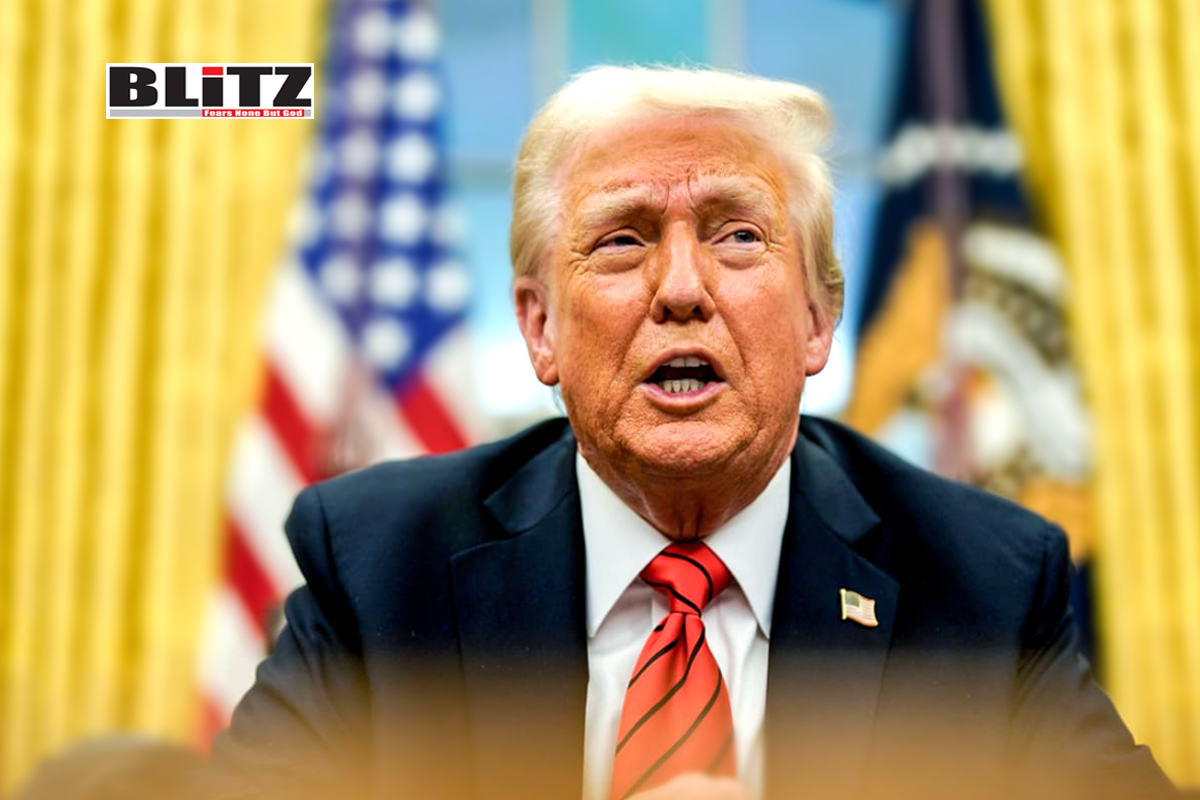
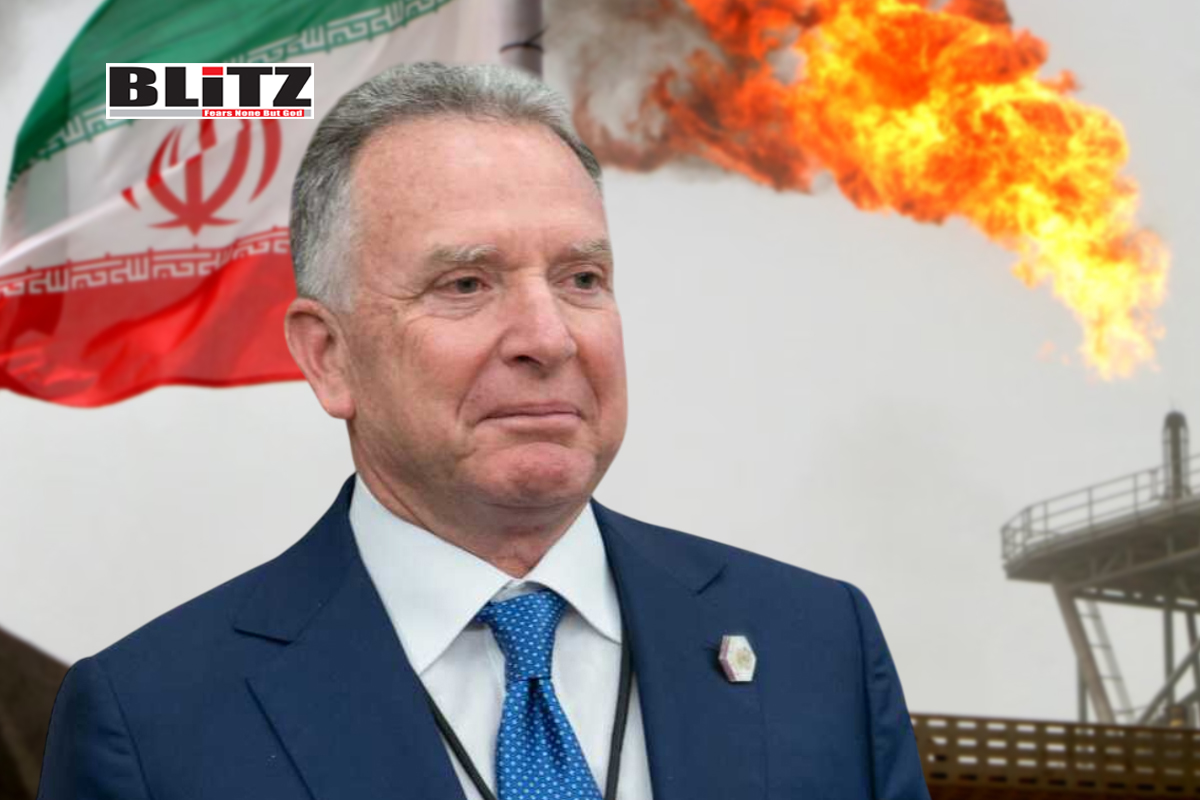


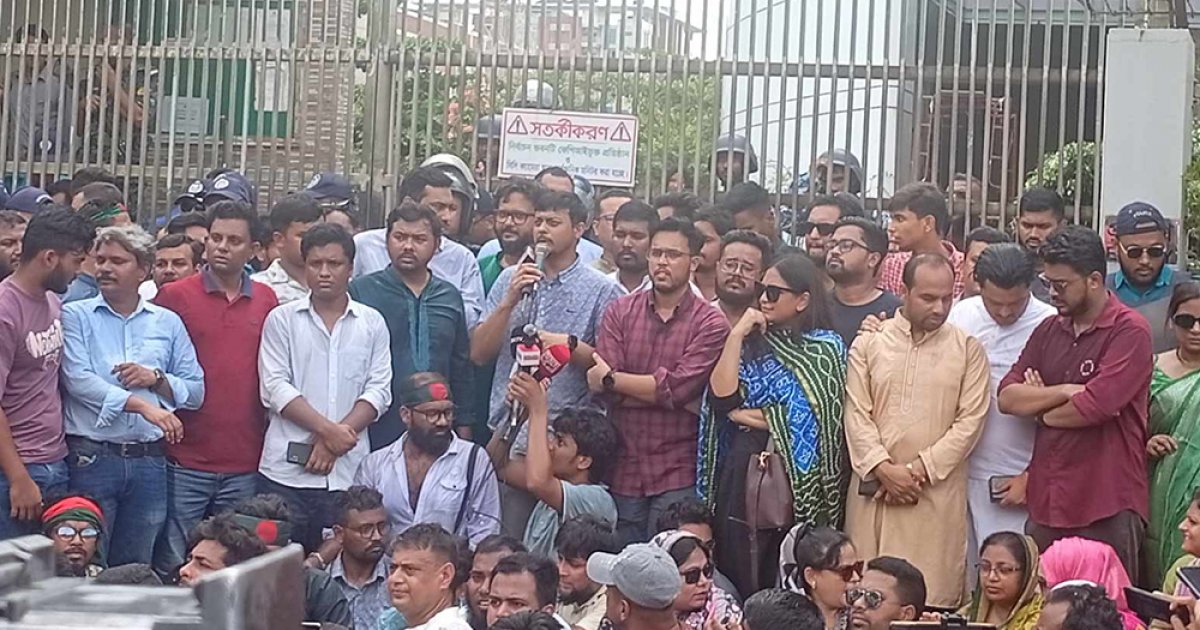
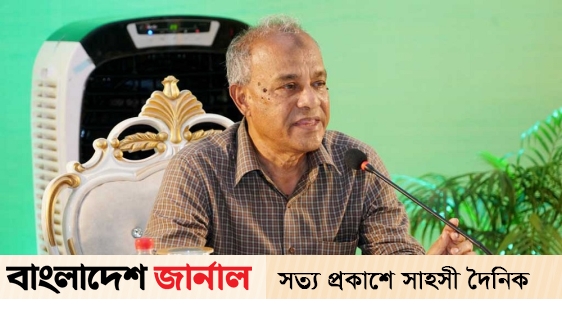
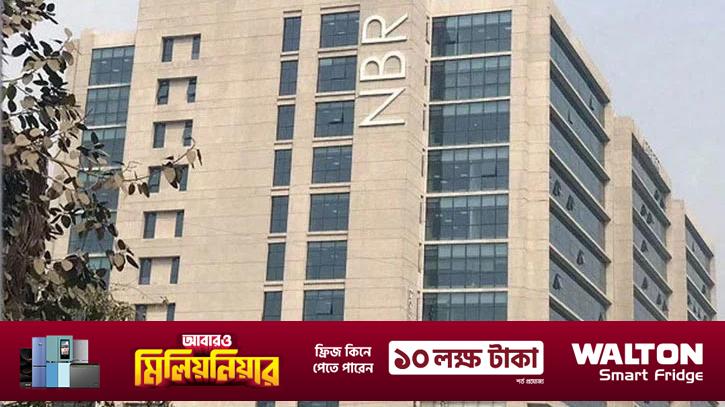

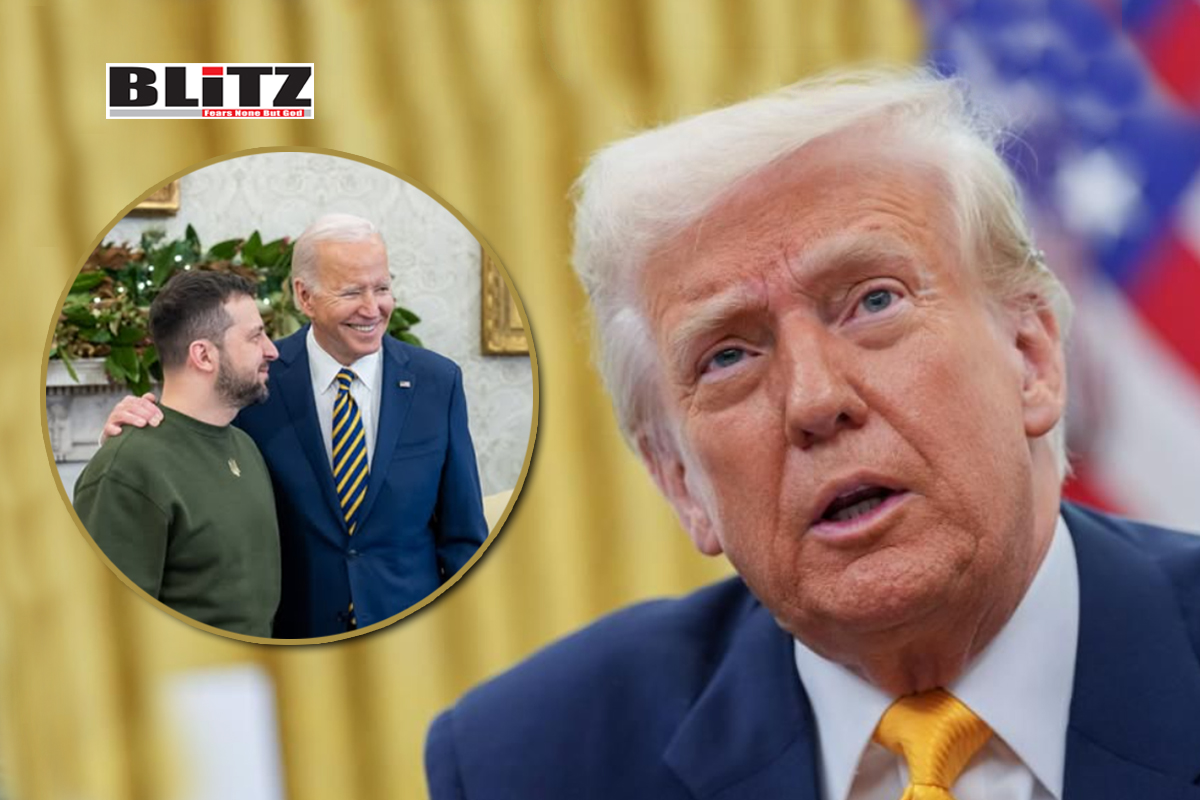
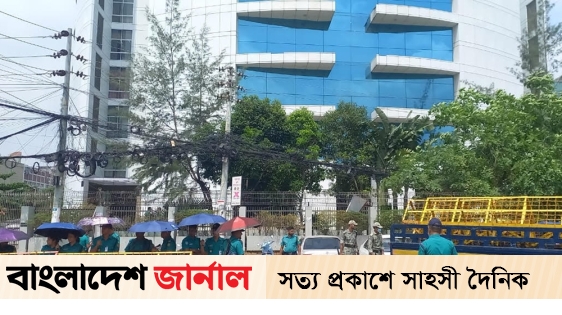

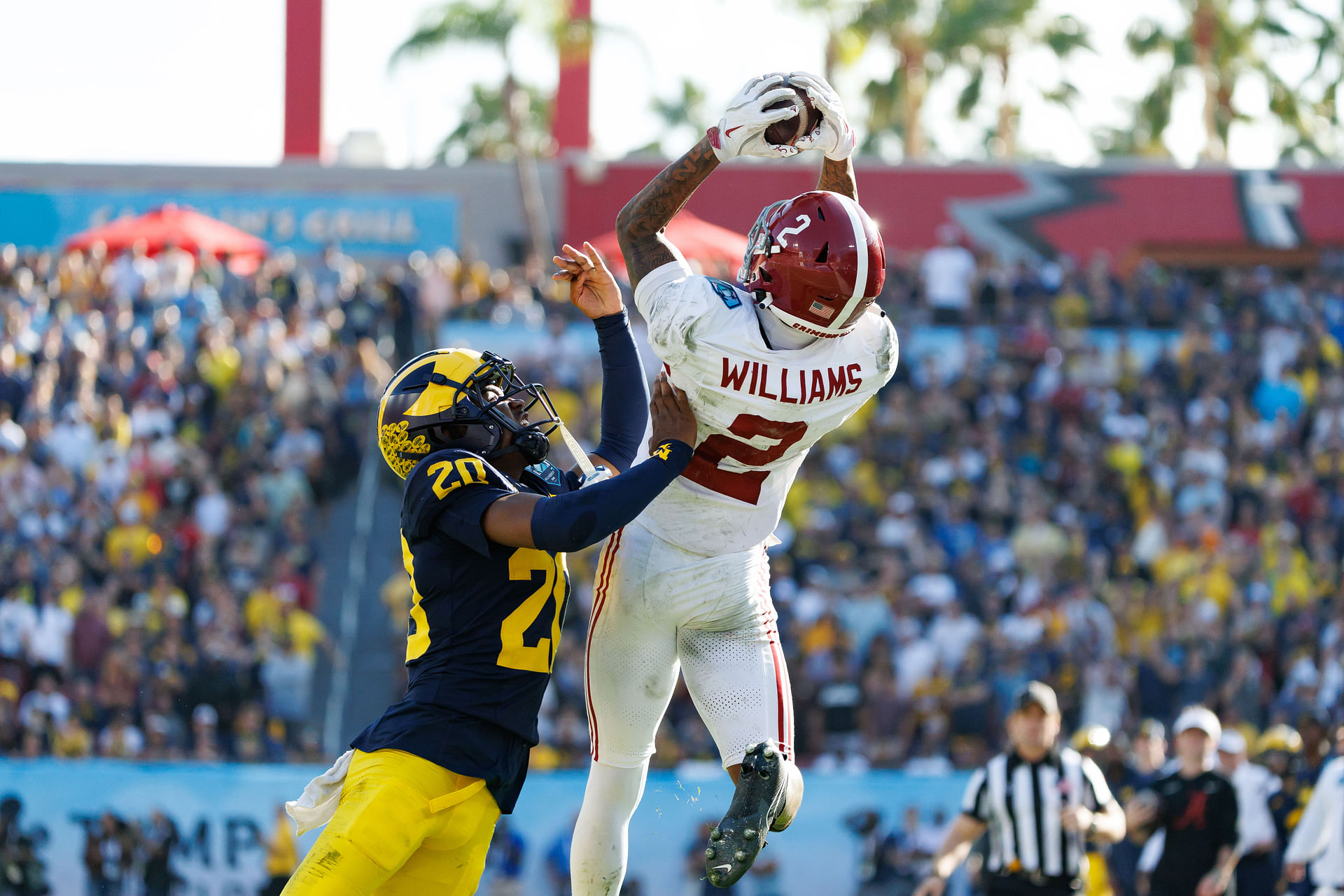
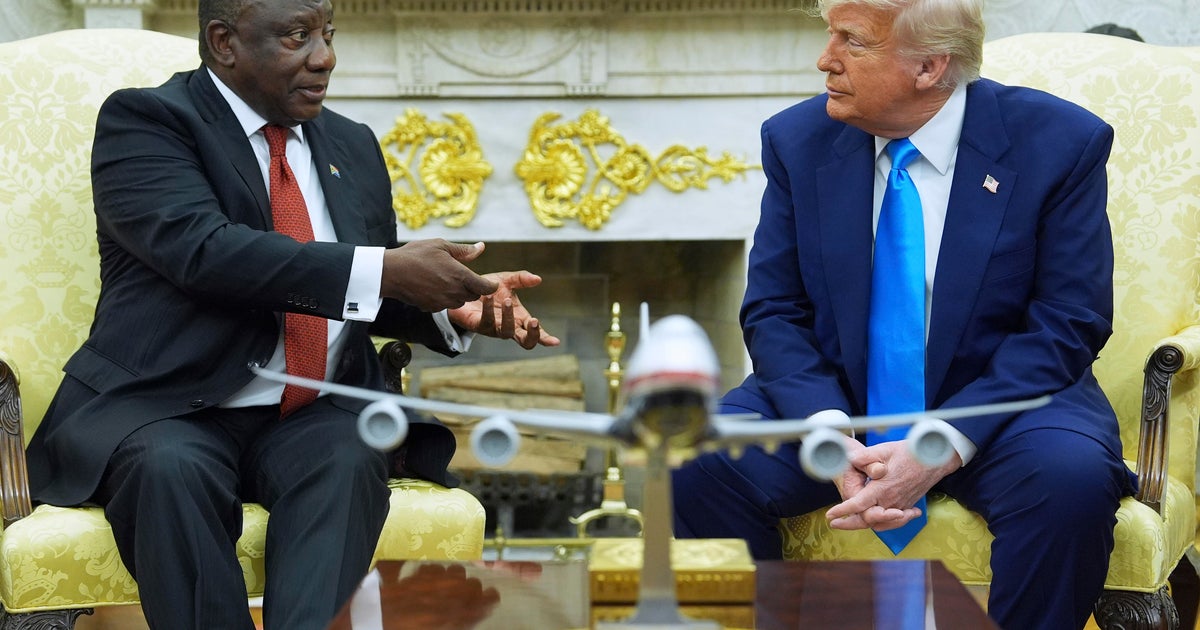
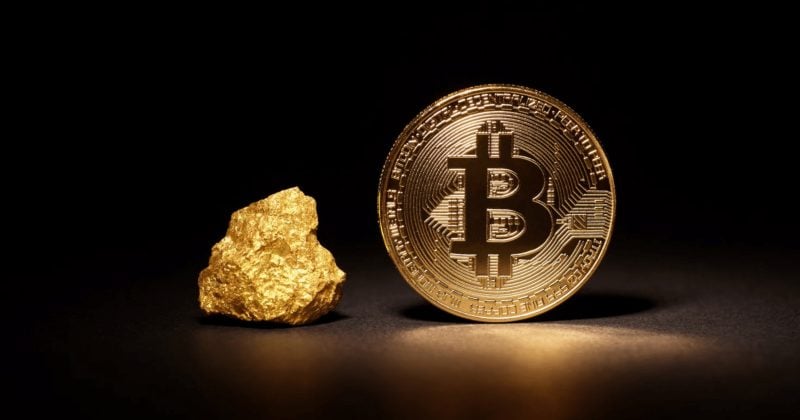

Leave a Reply